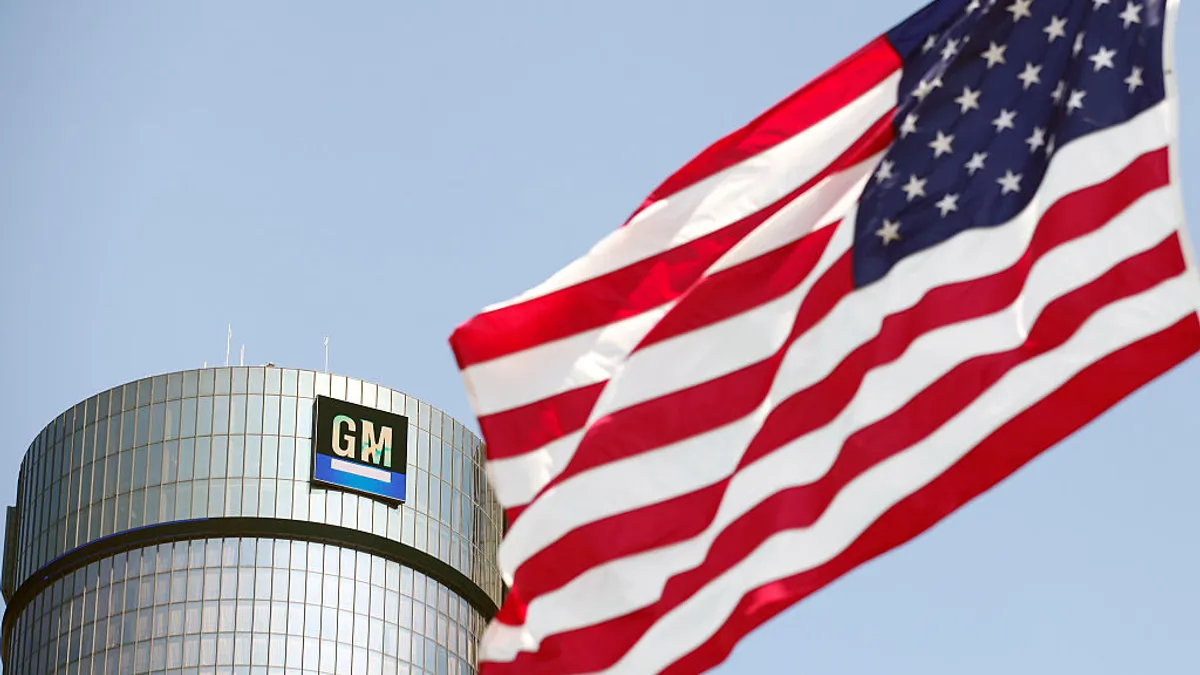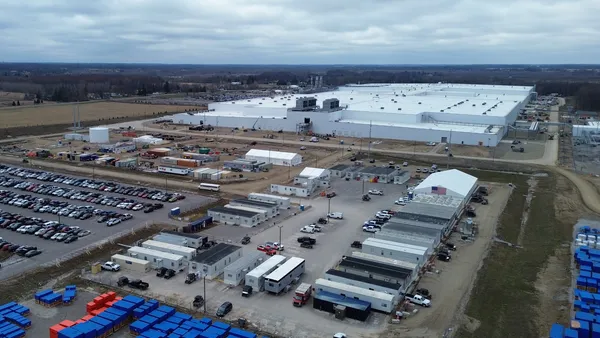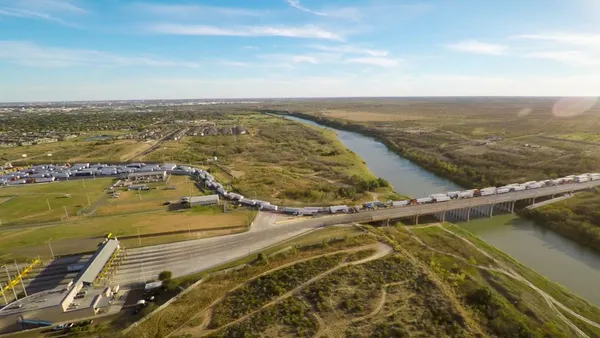If tariffs proposed by the Trump administration materialize and directly impact the automotive industry, General Motors believes its experience dealing with past crises will help it find solutions, CFO Paul Jacobson said Wednesday.
“We can’t be surprised where we are today,” Jacobson said at an investor conference. Throughout the campaign, President Donald Trump indicated a priority was to address the U.S. trade deficit. Since taking office, he has announced tariffs on imports from select countries, as well as on raw materials including aluminum and steel, and now a 25% duty on automotive imports.
“I think the president started talking about this in November,” Jacobson said. That immediately triggered GM to prepare for policy shifts that could disrupt its supply chain.
Early steps included reducing inventory held at its international plants by 30%, he said. Achieving this involved working with logistics partners to quickly move products before any tariffs were imposed.
“The last thing you want is a bunch of unfinished inventory that just suddenly became 25% more expensive just with the passage of time,” Jacobson said.
GM’s ability to react quickly to rapidly changing business conditions emerged from lessons learned during the pandemic, Jacobson said. The automaker honed its skills to work through supply chain disruptions, including semiconductor shortages, and has become more tactical with its decision making.
“The one thing I think the management team should get more credit for is its ability to handle adversity,” he said.
Tariffs are another obstacle to overcome, Jacobson said. Trump has delayed a 25% tariff on products entering the U.S. from Mexico and Canada until March, but this week he indicated a separate automotive duty would begin April 2.
However, GM is weighing strategies that could offset tariffs between 30% and 50%, Jacobson said, referencing remarks made by CEO Mary Barra during the Wolfe Research investor conference on Feb. 11. Some moves could include rebalancing production, which Jacobson also mentioned at the Wolfe Research investor conference.
In 2024, GM produced more than 500,000 vehicles in Mexico and over 112,000 vehicles in Canada between January and September. Most of these vehicles are sold in the U.S.
“There's shifts and things and balance of production that we could move around and help to ease that burden and optimize around a changing macroenvironment,” Jacobson said.
However, should the tariffs become permanent, GM may have to consider other options, including where to allocate production plants. But spending money to expand domestic production to mitigate tariffs also may not be an effective solution, Jacobson said.
“Those are questions that just don't have an answer today,” he said. “I can tell you as much as the market is pricing in a big impact of tariffs and lost profitability, think about a world where on top of that, we're spending billions of dollars in capital, and then it ends, right. So we can't be whipsawing the business back and forth.”












